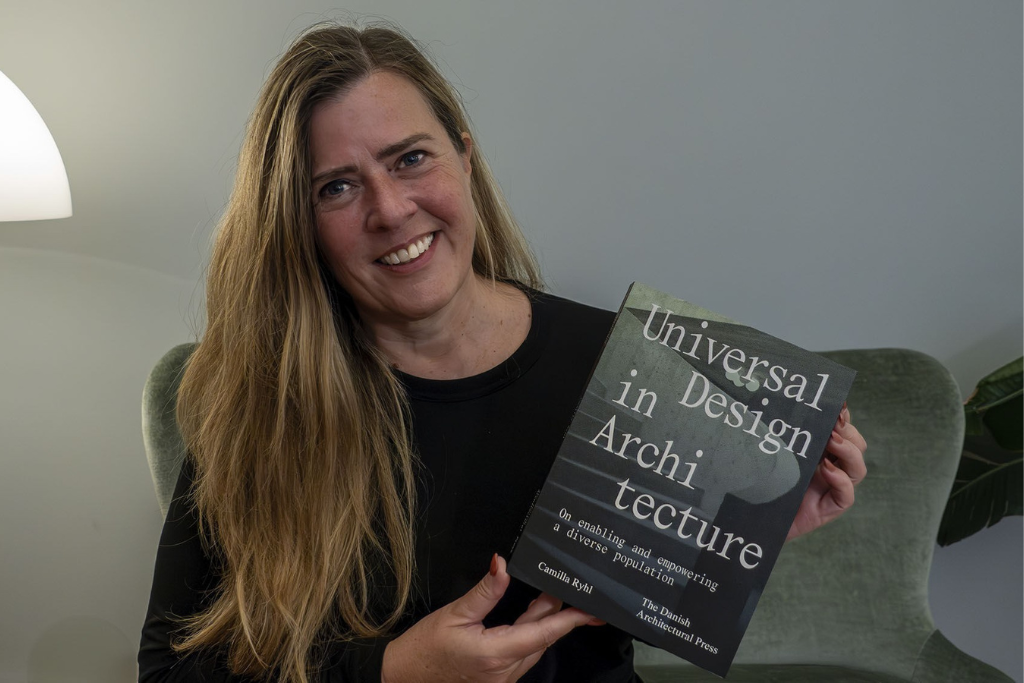Light, sight & life
Working with UD within the built environment involves the interaction between humans and environments, where abilities, possibilities and barriers evolve in this entanglement. John Hull describes losing sight as the everyday decreasing in space and increasing in time. The process of re-configurating one’s relation to own body and spatial context, can be explored by combining the theoretical concepts of atmospheres and affordances.
The concept of atmosphere is multiple, however here it is the phenomenological understanding of the subjectively experienced and sensed encounter between the individual and his surroundings. David Gissen’s notion of sub-natural atmosphere holds parallels to the feeling of discomfort from things out of place or situation, as losing sight. Moreover, the concept of affordance links the motive of action to the human-environment-relation. The lecture discusses the two concepts through a case study on lighting in low-vision rehabilitation.
- Böhme, G. (2014). Light and space. On the phenomenology of light. Dialogue and Universalism, (4), 62-73.
- Gibson, J. J. (1979). The Ecological Approach to Visual Perception, Boston: MA: Houghton-Mifflin.
- Gissen, D. (2009). Subnature: Architecture's Other Environments, New York: Princeton Architectural Press, 2009.
- Hull, J.M. (1997). On sight & insight: A journey into the world of blindness, Oxford: Oneworld publication.
- Moore, R. C., and Cosco,N. G. (2007). What makes a park inclusive and universally designed?: a multi-method approach, in Catharine Ward Thompson and Penny Travlou (Eds.), Open space: People space, (London: Taylor & Francis), pp. 105-130.
- Raymond, C. M., Kyttä, M., & Stedman, R. (2017). Sense of place, fast and slow: the potential contributions of affordance theory to sense of place. Frontiers in psychology, 8, 1674.
- Øien, T. B., Jacobsen, A. M., Tødten, S. T., Russotti, T. Ø., Smaakjaer, P., & Rasmussen, R. S. (2021). Impact of Lighting Assessment and Optimization on Participation and Quality of Life in Individuals with Vision Loss. Occupational Therapy In Health Care, 1-18.
In respect of our presenters at Lunch Bag Lectures, the terms, language and use of concepts that the researchers find appropriate in their field of research are used according to their choice.




